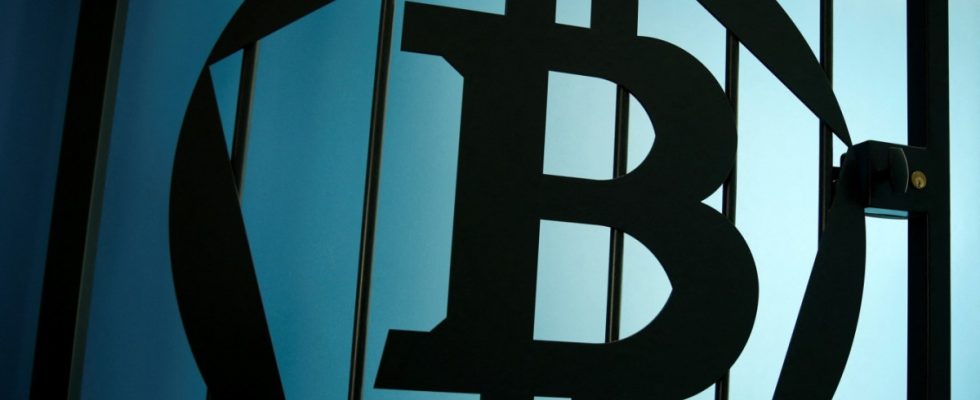Gary Gensler is nothing to envy right now. The head of the US Securities and Exchange Commission (SEC) has to explain how his agency’s account on platform X (formerly Twitter) came to announce fake news on Wednesday night. Shortly after 10 p.m. German time, the SEC posted one of millions of Bitcoin fans there long-awaited news: “The SEC today approved Bitcoin ETFs, allowing them to be listed on all registered securities trading venues.”
There has been speculation about such an approval for months, after the SEC had previously approved it several times – completely unfounded from the point of view of Bitcoin fans had rejected. Now it should finally be time. Large investment firms have been positioning themselves for days to quickly bring their respective Bitcoin products to customers. And the date for approval had been circulating for months as January 10th. The SEC account’s message was by no means unrealistic, but it quickly turned out to be false. A good 30 minutes later the post could no longer be found. Another ten minutes later, the SEC contacted you again via X. Your account be compromised – i.e. hacked – been.
For the US Securities and Exchange Commission, the whole thing is more than just embarrassing. The authority and your boss emphasize at every opportunity how important IT security is for companies and institutions involved in securities trading. The SEC also regularly posted good advice: strong passwords, regular updates and multi-factor authentication (MFA) are essential. If MFA is activated on an internet account, account holders not only have to enter their password when logging in, but also a one-time code that is either sent to their cell phone via SMS or generated in an app. Alternatively, it is also possible to use a security key.
But apparently the securities regulator itself did not take its security advice very seriously. Because a little later she got in touch X’s security department speaks out and announced that the same MFA had not been activated in the SEC’s account – and this at an authority whose communications can trigger massive price movements on global stock exchanges.
It must also have been clear to the SEC that it was particularly X accounts that could be used for price manipulation. In 2019, the authority charged Tesla founder Elon Musk with misleading tweets that drove up the electric manufacturer’s share price. Since then, Musk has had to stop tweets related to Tesla have it approved by a lawyer, even though he is now the owner of the platform. Musk believes that the “Twitter sitter” arrangement restricts his right to freedom of expression and has been taking legal action against it for months. The fact that the SEC itself now has a problem with a post on X is not without a certain irony.
It is not entirely clear whether X is partly to blame for the problem. A few months ago, X stopped supporting MFA via SMS for non-paying X users. Anyone who had previously selected the option was suddenly no longer protected.
The SEC’s post had an impact on the markets, although not a massive one. The price of Bitcoin briefly rose by three percent, only to fall again shortly afterwards – even before the SEC declared the tweet to be fake. Bitcoin thus reacted to the false news in the same way experts had predicted it would react to the real news. Many observers assumed that the news of the completion would not change much in the price of the internet currency. After months of speculation about the approval, the popular theory is that the event itself has long been priced in.
In the meantime, one can only speculate about the motivation of the attackers. It is possible that they were after financial gain. And that may have worked despite the meager price gain. Bitcoin purchases can be heavily leveraged on many platforms, so that you can make a decent profit even with a three percent price increase.
It is unclear what impact the hack will have on the cryptocurrency itself. Reuters quotes a managerwhich fears that the SEC could delay the approval of Bitcoin ETFs again because of the hack, but this is contradicted in the same report by companies waiting for approval of their ETFs.

